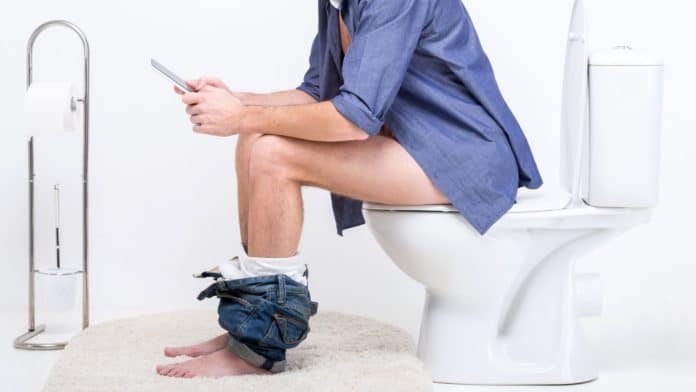The development of obesity and type 2 diabetes (T2D) is associated with gut microbiota (GM) changes. The gut viral community is predominated by bacteriophages (phages), which are viruses that attack bacteria in a host-specific manner. The antagonistic behavior of phages has the potential to alter GM.
A new study by the University of Copenhagen suggests that transplanting feces without bacteria to obese mice on a high-fat diet significantly decreased weight gain and normalized their glucose tolerance.
The study was conducted on obese mice. When scientists transplanted the virus from the stool of lean mice to obese mice, the obese mice gained significantly less weight and avoided type 2 diabetes.
The trials in mice suggest that a similar treatment, in which only the virus in the stool is transplanted, may help people suffering from obesity and type 2 diabetes. Most virus particles transmitted are so-called bacteriophages — viruses that mainly attack other bacteria, not humans.
Professor with Special Responsibilities (MSO) and senior author of the study said, “When we transmit virus particles from the faeces of lean mice to obese ones, the obese mice put on significantly less weight compared to those that do not receive transplanted faeces.”
The study also shows that transplanting the virus could also protect the mice against developing glucose intolerance (a hallmark of type 2 diabetes).
Ph.D. student Torben Sølbeck Rasmussen, the study’s first author, said, “In the obese mice on the high-fat diet that didn’t receive the virus transplant, we observed decreased glucose tolerance, which is a precursor of diabetes. Thus, we have influenced the gut microbiome in such a way that the mice with unhealthy lifestyles do not develop some of the common diseases triggered by poor diet.”
“The method is not a stand-alone solution and it must be complemented with a change in diet. Furthermore, the treatment will probably not be targeted at general obesity, but more towards the most serious cases.”
For the study, scientists extracted feces from lean mice. They then filtered the stool to sort all live bacteria, while the virus particles — mainly bacteriophages — were concentrated.
Scientists then transplanted the virus via a tube into the obese mice. The mice continued the fatty diet for another six weeks. After that, the mice were examined after a glucose test and measured for weight gain.
Dennis Sandris Nielsen said, “Our study demonstrates that there is an effect after the live bacteria have been filtered from the stool. Therefore, primarily virus particles are transmitted. This makes the method safer.”
According to Dennis, the method will soon be deployed broadly. However, more experiments and human trials are needed.
He said, “Mice are the first step. But because the findings suggest that it will work in humans, that is the next. We hope that, in the long term, a well-defined cocktail of bacteriophages can be developed that has a minimal risk of side effects.”
Journal Reference:
- Torben Sølbeck Rasmussen, Faecal virome transplantation, decreases symptoms of type 2 diabetes and obesity in a murine model. DOI: 10.1136/gutjnl-2019-320005
